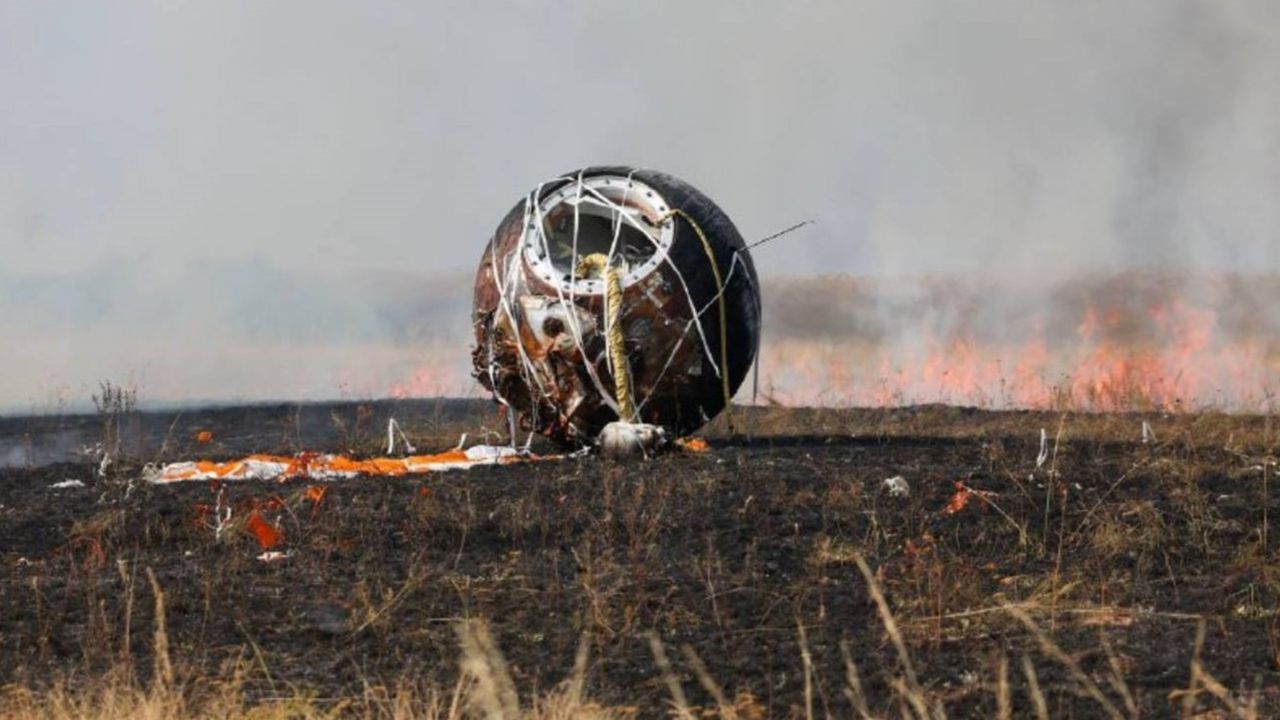NYC’s Composting Rates Are Low. A Sustainability Expert Thinks AI Will Offer a Solution. Eventually.
PositiveScience

Steve Cohen, the director of Columbia's M.S. in Sustainability Management program, highlights the challenges of low composting rates in NYC and suggests that AI could play a crucial role in improving food waste management in the future. This is significant as effective composting can greatly reduce landfill waste and contribute to a more sustainable urban environment.
— Curated by the World Pulse Now AI Editorial System






